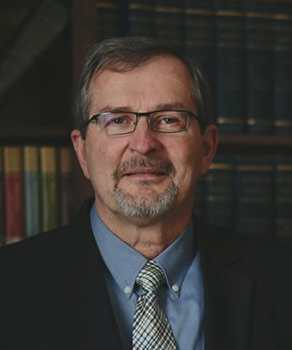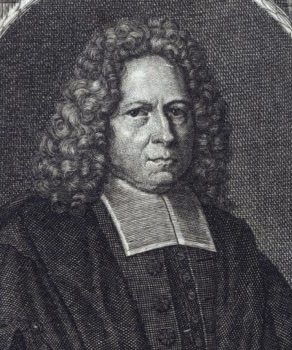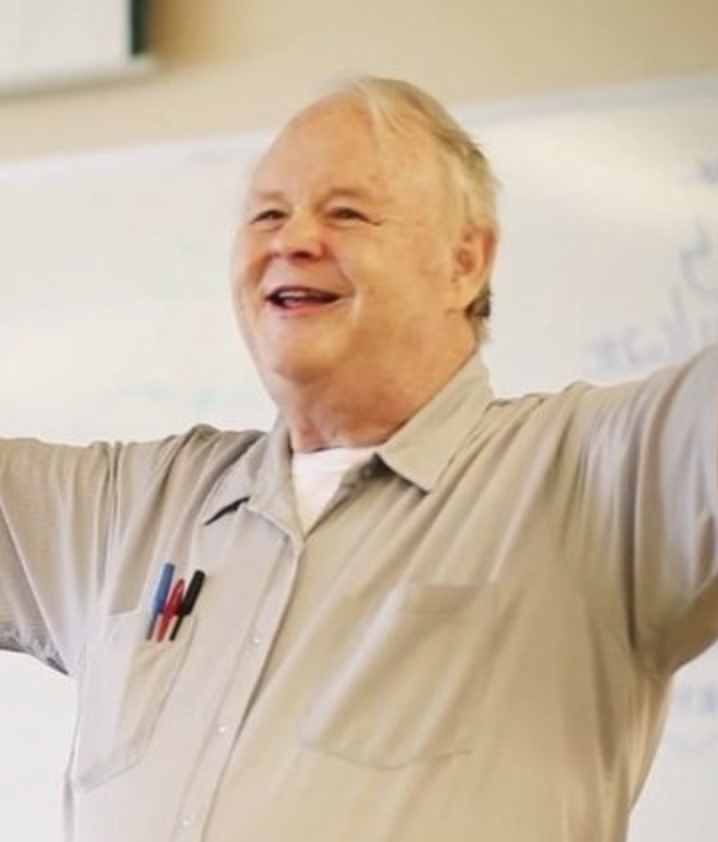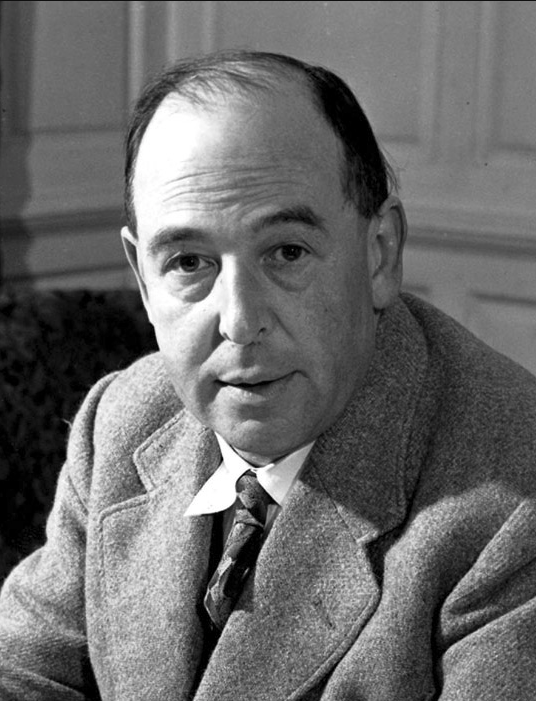Lesson 9: The Contemporary Horizon
Why Is the Contemporary Horizon Important?
A Parable of Practical Theology

April: Richard grunted as he heaved each heavy piece of lumber into the back of his truck. The price of wood was through the roof right now, but it would all be worth it when he had built that beautiful cabinet set! It had all started when he saw a carpentry magazine at the grocery store check-out counter, with a gorgeous cabinet displayed on the cover. He purchased the magazine and spent the next few weeks looking at the pictures and dreaming about how the cabinet would look in the kitchen, how thrilled his wife would be, the proud smile she would give him when it was finished. Finally, he had downloaded the complete guide to building the set from the magazine’s website, driven to the lumber yard, and bought the wood.

May: Richard stood in his garage and looked at the instructions on his phone for the hundredth time. Why did there have to be so many steps? Did he really have to buy that many tools? And what on earth were “dadoes”? His stomach rumbled; he could hear the burgers in the freezer calling his name. The project could wait.

September: Richard lay in bed reading Carpentry for Dummies for the third time. He still felt surprised at how much he enjoyed learning the terminology of carpentry (now he knew what “dadoes” were), and knowing that the process of cabinet-building was no longer a mystery to him. Smiling in satisfaction, he closed the book, laid it on his nightstand, and turned off the bedside lamp. Tomorrow was the monthly meeting of the Happy Hammerers, the local woodworkers club. How fun it was to talk about a hobby with fellow hobbyists! Of course, he’d never actually built anything yet, but still…

December: Richard stuffed the cash into his wallet and waved as his neighbor drove out of the driveway, truck loaded with Richard’s lumber, a stack of woodworking books and magazines resting precariously on the passenger seat. He trudged into the house, scrolling through the web browser on his phone, searching for a pre-built cabinet set to buy his wife for Christmas.
The Importance of the Contemporary Horizon
In the above parable, Richard spent hours assembling materials, learning about cabinet-making, and planning to build, but he never built the cabinets. All his efforts were meaningless.
Similarly, if you spend hours figuring out the Contextual Horizon of a passage, reviewing and rejoicing in the Covenantal Horizon, writing down details about the Canonical Horizon, and carefully double-checking your work with the Confessional Horizon, but then put down your pen, file your papers, and close your Bible study software without prayerfully applying the text to the way you live, did your work really accomplish anything?
Without the Contemporary Horizon, you are not really doing theology. When you stop studying a passage without trying to apply, your study is a failure.
Remember the two greatest commandments? Jesus said that “on these two commandments depend all the Law and the Prophets” (Matt 22:40)—and by extension the New Testament as well. So if you read it and your life remains unchanged, you have missed the whole practical point of the Bible.
Paul says this clearly in 2 Timothy 3:17. God inspired the Scriptures so that “the man of God may be complete, equipped for every good work.” The goal of theology is application.
A vast choir of voices from across church history proclaims this. Joel Beeke and Paul Smalley define theology as a whole this way:
Theology ... is a broad, intellectual discipline that forms a crucial link between the doctrines cherished by the church and the whole exercise of godliness in the world.
—Joel Beeke and Paul Smalley, Reformed Systematic Theology: Revelation and God, vol. 1 (Wheaton, IL: Crossway,
2019), 42.

Petrus van Maastricht, the 17th-century Dutch divine, would have agreed. He said,
Theology is most correctly defined as the doctrine of living for God through Christ.
—Petrus van Maastricht, quoted in Mark Jones, Living for God: A Short Introduction to the Christian Faith, Kindle ed.,
11.

Another 17th-century theologian wrote,
All theology among pilgrims on earth is in its nature practical, and no portion of it can be correctly and completely discussed unless it is developed practically; that is, applied to the practice of repentance, faith, hope, and love, or to consolation or exhortation.
—Gisbertus Voetius, Selectae Disputationes Theologicae, “Concerning Practical Theology,” 1.1, in Reformed Dogmatics, ed. Beardslee, 265; quoted in Beeke and Smalley, Reformed Systematic Theology: Revelation and God,
vol. 1 , 170.

Many centuries before, Augustine had added his voice to the chorus:
[A]nyone who thinks he has understood the divine scriptures or any part of them, but cannot by his understanding build up this double love of God and neighbour, has not yet succeeded in understanding them.
—Augustine, On Christian Teaching, translated by R.P.H. Green (Oxford: Oxford University Press, 1997), 1.86.

In the 21st century, John Frame wrote,
The work of theology is not just reading through the Scriptures but applying the Scriptures to the questions people ask, applying it to their needs.
—John Frame, Salvation Belongs to the Lord, Kindle ed., loc. 443.

So when viewing the Contemporary Horizon, you take all the work you did on the previous horizons and consider how God wants to change your life, your family, your church, and more through what you learned.
So theology culminates in the Contemporary Horizon. Practical theology is the goal which all other branches of theology serve. As theologian Kevin Vanhoozer wrote, “doctrine serves discipleship.”¹
Perhaps C.S. Lewis put it most strikingly:
The Church exists for nothing else but to draw men into Christ, to make them little Christs. If they are not doing that, all the cathedrals, clergy, missions, sermons, even the Bible itself, are simply a waste of time. God became Man for no other purpose. It is even doubtful, you know, whether the whole universe was created for any other purpose.
—C.S. Lewis, Mere Christianity, 199, quoted in Vanhoozer, Hearers and Doers, loc. 152.
